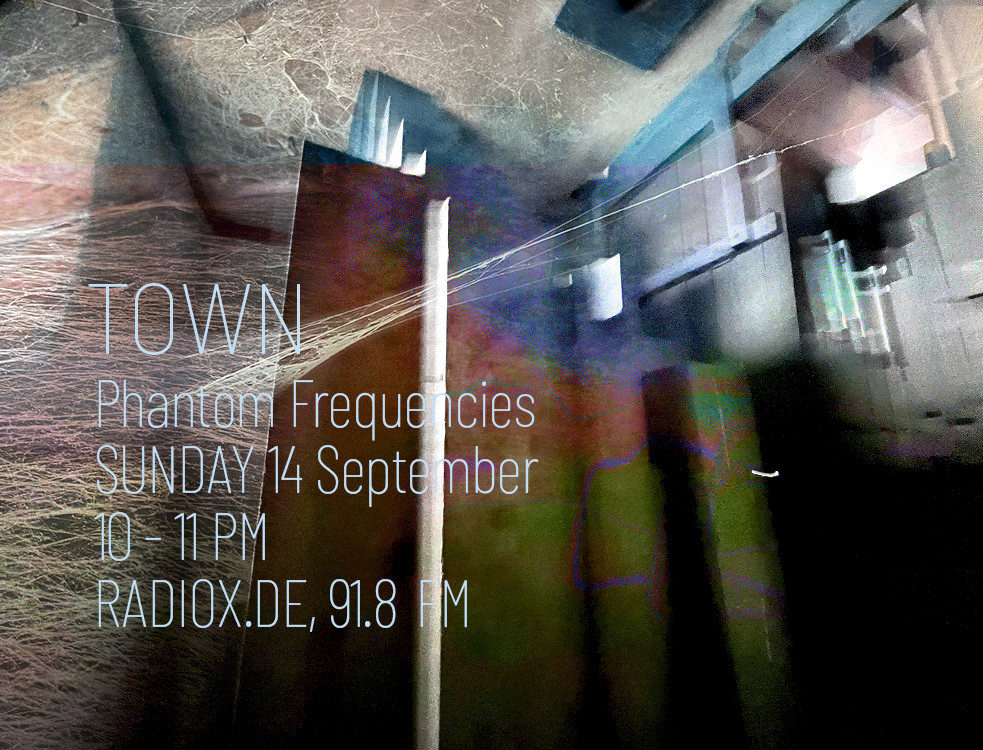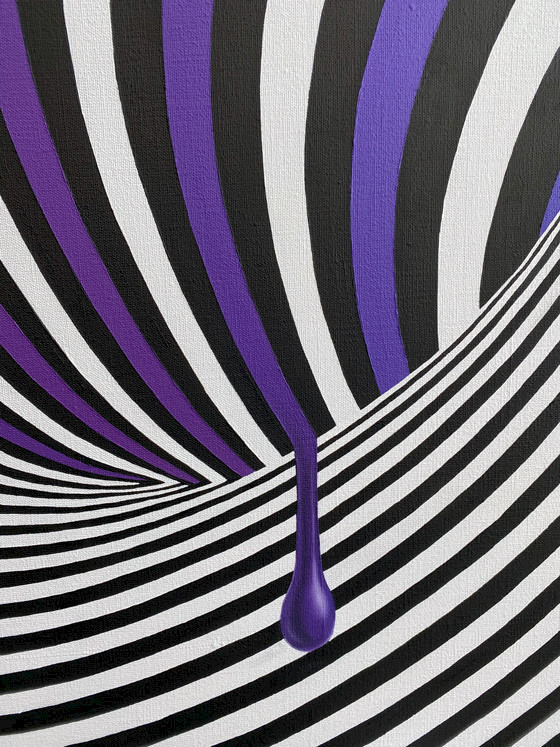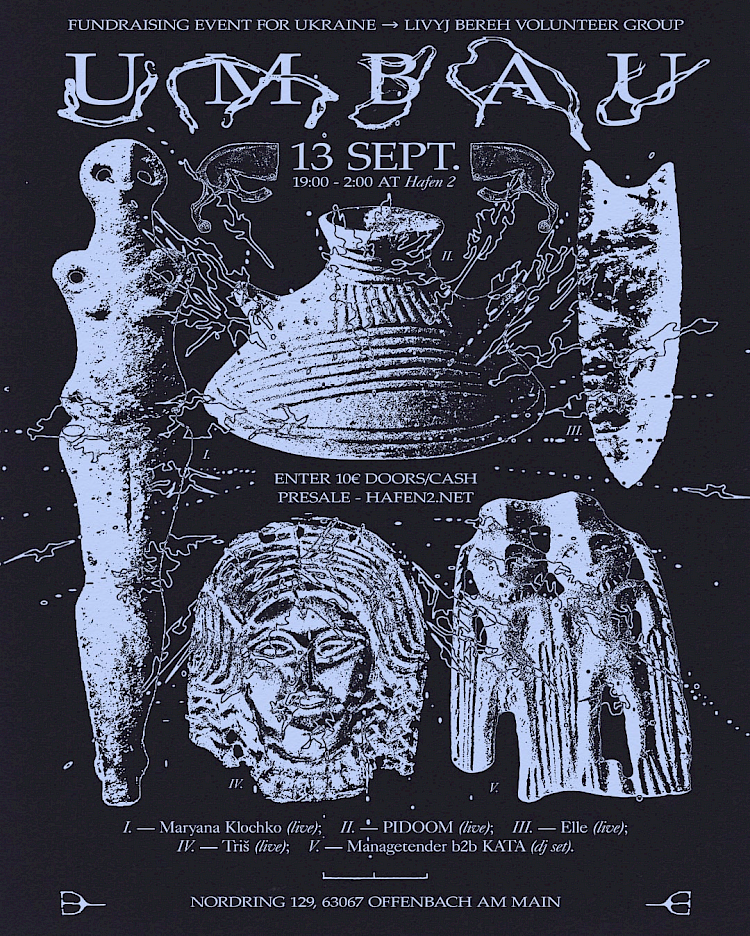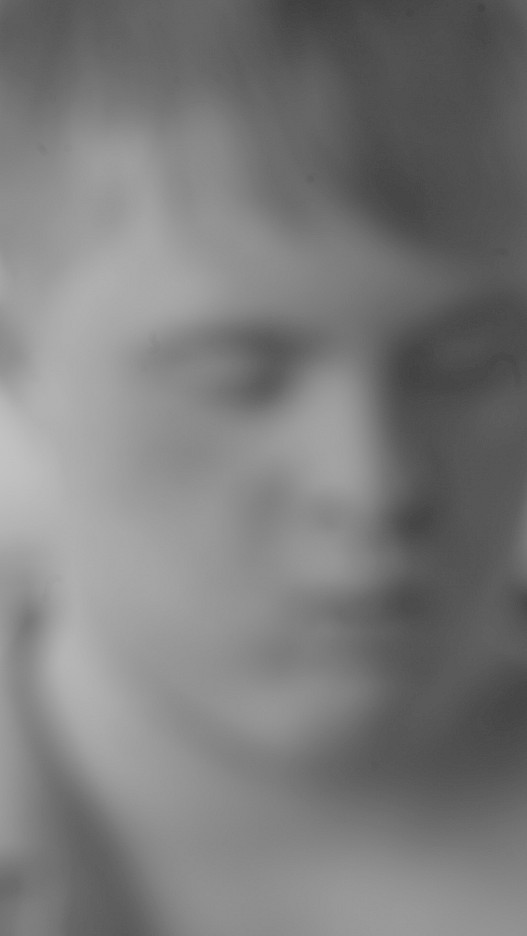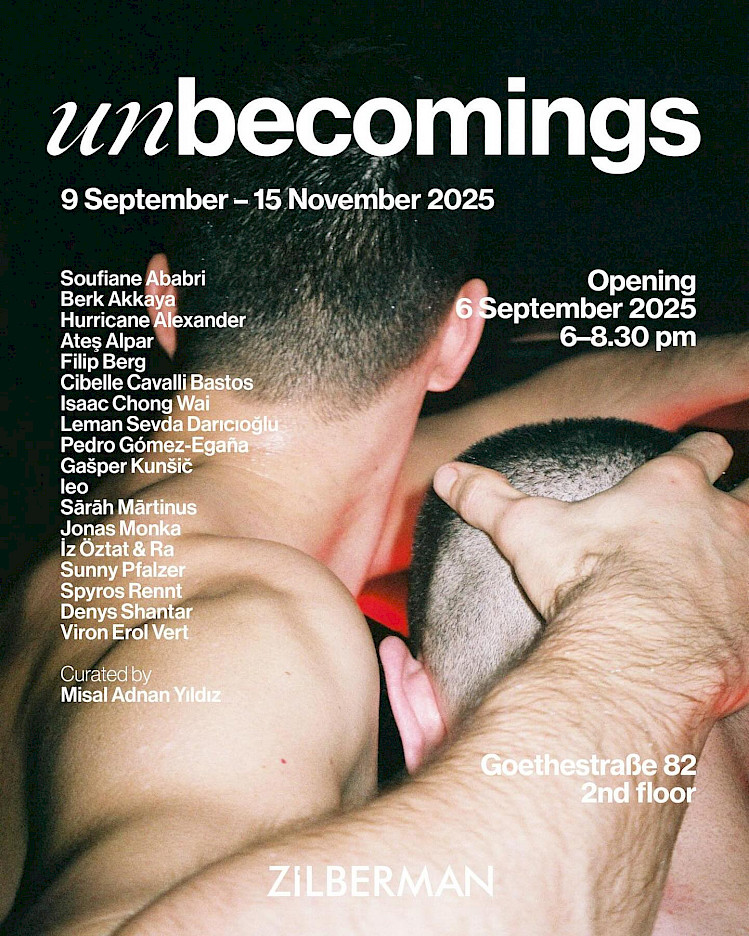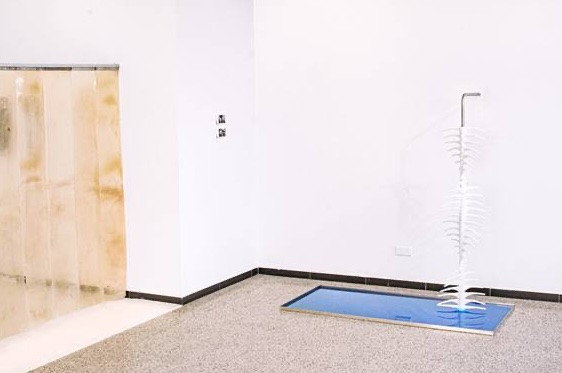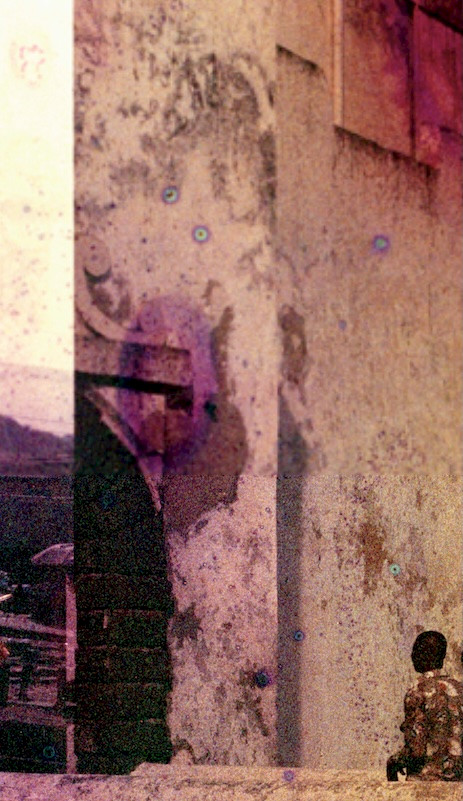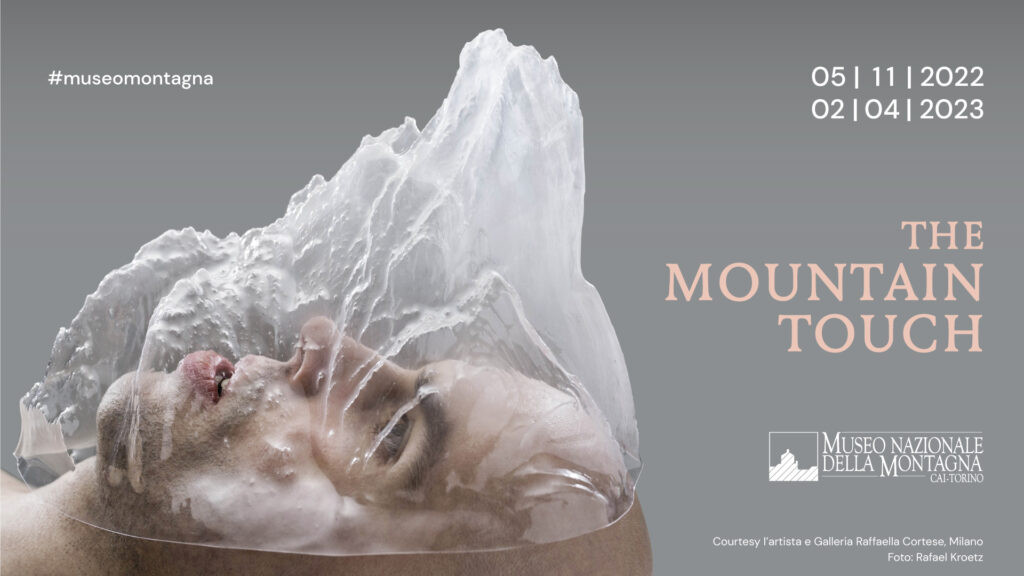until 02.04.2023
Paola Anziché, Sara Berts, Ruben Brulat, Alberto Di Fabio, Michael Fliri, Christian Fogarolli, Lucas Foglia, Fernando Garcia-Dory, Nona Inescu, Giuseppe Licari, Marcos Lutyens, Andrea Nacciarriti, George Steinmann, Peter Stridsberg
With a special project by Zheng Bo at the MAO Museo d’Arte Orientale in Turin
Curated by Andrea Lerda
The Mountain Touch exhibition, curated by Andrea Lerda, continues Museomontagna’s Sustainability Program, launched in 2018. The exhibition presents the works of 14 Italian and international artists in dialogue with a scientific narrative curated by Federica Zabini and Francesco Meneguzzo, researchers at the Institute for BioEconomy of the National Research Council, which for years has been conducting the largest-ever experimental campaign on the effects of forest therapy and immersion in green environments together with the Italian Alpine Club and the Reference Center for Phytotherapy at the Aou Careggi in Florence.
At the same time as the mountain environment is being configured as a natural educational workshop where awareness-building trails and ecopedagogical activities are engaging people in a new empathetic relationship with the world, we are seeing a growing realisation of the therapeutic and rigenerative action it exercises on the human mind and body. For centuries, people have frequently acted on the intuition that humans feel a need to enter into communion with the natural world for the benefit of their emotional state, body, brain and mind. At a time in history characterized by pandemic and environmental emergencies, far and wide, scientists and researchers are working to demonstrate scientifically what has to date been studied and analysed without validation from the world of science.
New studies show that contact with the natural world reduces inflammatory levels in the brain, linked to depression, other mood disorders and mental health problems. Research demonstrates that just two hours in the woods will suffice to significantly lower cytokine levels in the blood and reduce inflammatory states. Contact with natural environments such as green spaces, woods and forests translates into a lower incidence of allergies, autoimmune disorders and high stress levels and, by contrast, improved cardiovascular functions, haemodynamic, neuroendocrine, metabolic and oxidation rates, as well as mental processes and mental wellbeing.
Today however, the loss of direct experiences in nature – conceived as alien to everyday life by most people and the cause of a nature deficit disorder, especially in children, fuelled by a sedentary lifestyle centred on technological development – is linked to major ubanisation and a consequential loss of natural spaces and biodiversity, with huge impact on our physical, psychological and emotional health.
Considering that 68% of the global population will be living in urban areas by 2050, what will the implications and consequences of this sea-change be? What role can mountain environments play in enabling us to rediscover new ways of experiencing the world? How can the pandemic situation and a different narration of it from that given so far contribute to the development of a new vision of nature and incentivise care of the ecosystem and its elements?
In this context, several additional questions steer The Mountain Touch project. Why are we drawn to visit the mountains and walk in the woods or a city park? How is this ontological link with nature visibly and invisibly manifested, and what impact can it have on the human mind and body? Furthermore, what cultural change can awareness of our genetic and psychological connection and the therapeutic power exercised on us by nature produce in the societies of the future? Through an immersive narrative journey – which brings together the works of thirteen international artists – the thought of the “mountain that heals” is combined with that of the “mountain cure“.
The project has the prestigious support from the Mondrian Fund and CBK – Center for VIsual Arts in Rotterdam, thanks to which the work of artist Giuseppe Licari was produced.
The exhibition is accompanied by a bilingual catalog that includes texts by Qing Li, immunologist and president of the Japanese Society of Forest Medicine, University of Tokyo; Marina Boido and Alessandro Vercelli, Neuroscience Insitute Cavalieri Ottolenghi, University of Turin; Francesca Cirulli and Marta Borgi, Center for Behavioral Sciences and Mental Health. Istituto Superiore di Sanità; Lucy Jones, writer, journalist and author of the book “Losing Eden”; Rita Berto and Giuseppe Barbiero, Groupe de Recherche en Education à l’Environnement et à la Nature, Laboratory of Affective Ecology, University of the Aosta Valley; Marco Battain, President of CAI Turin and contact person for the group “The mountain that helps.”; Francesco Riccardo Becheri, Psychologist Psychotherapist, Founder and Scientific Manager Forest Therapy Station Pian dei Termini, Psychologist Referent CAI Central Medical Commission/Central Scientific Committee; Giulia Villari, Researcher at the Department of Oncology, University of Turin.
Museo Nazionale della Montagna “Duca degli Abruzzi”
Club Alpino Italiano - Sezione di Torino
Piazzale Monte dei Cappuccini 7
10131 Torino - Italia
